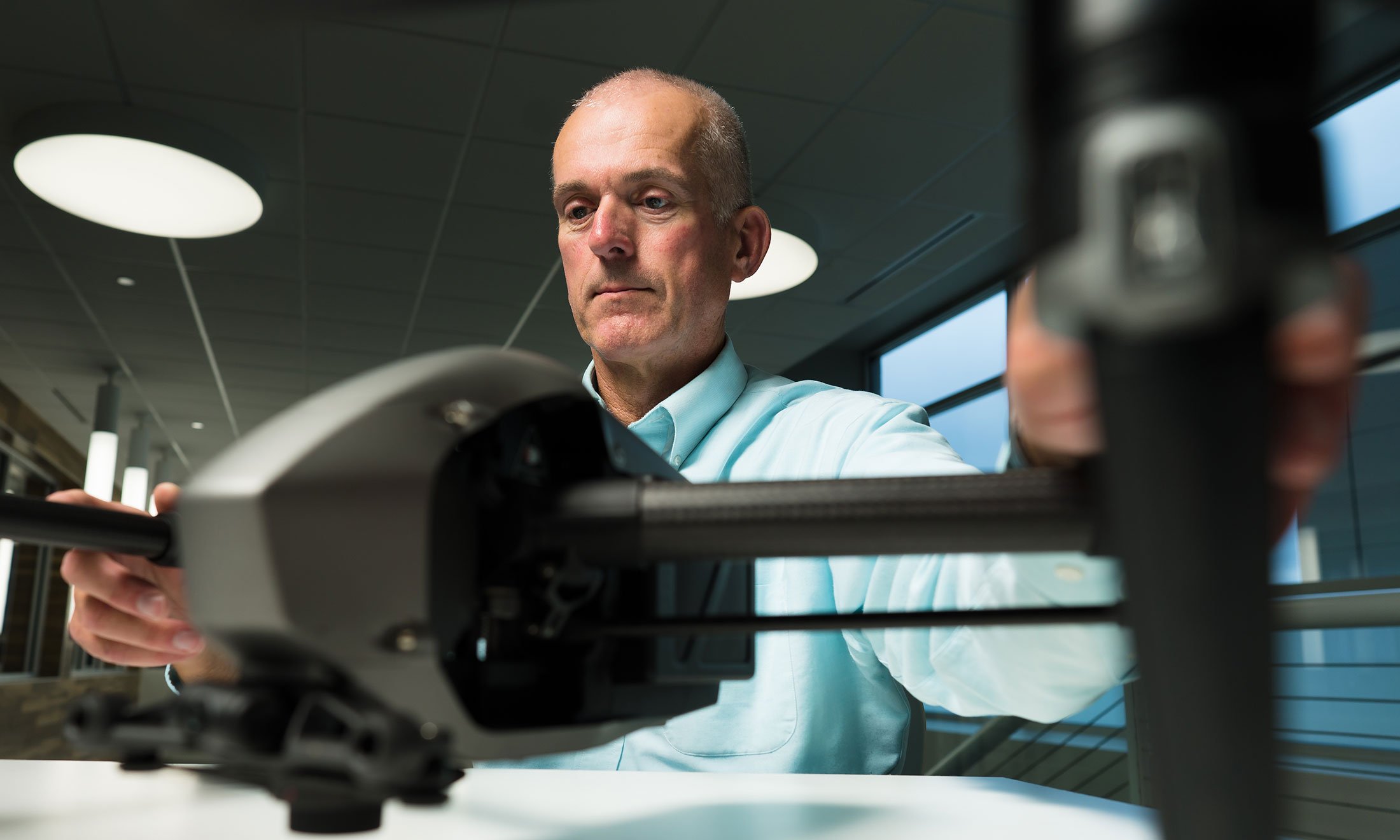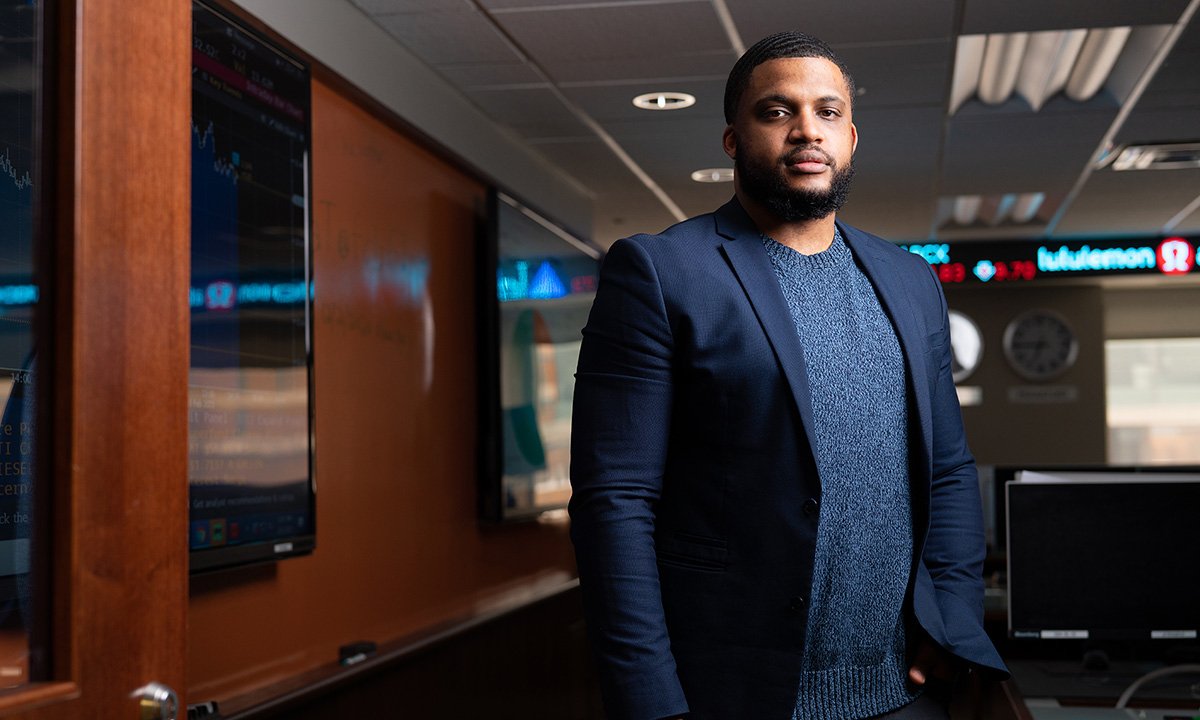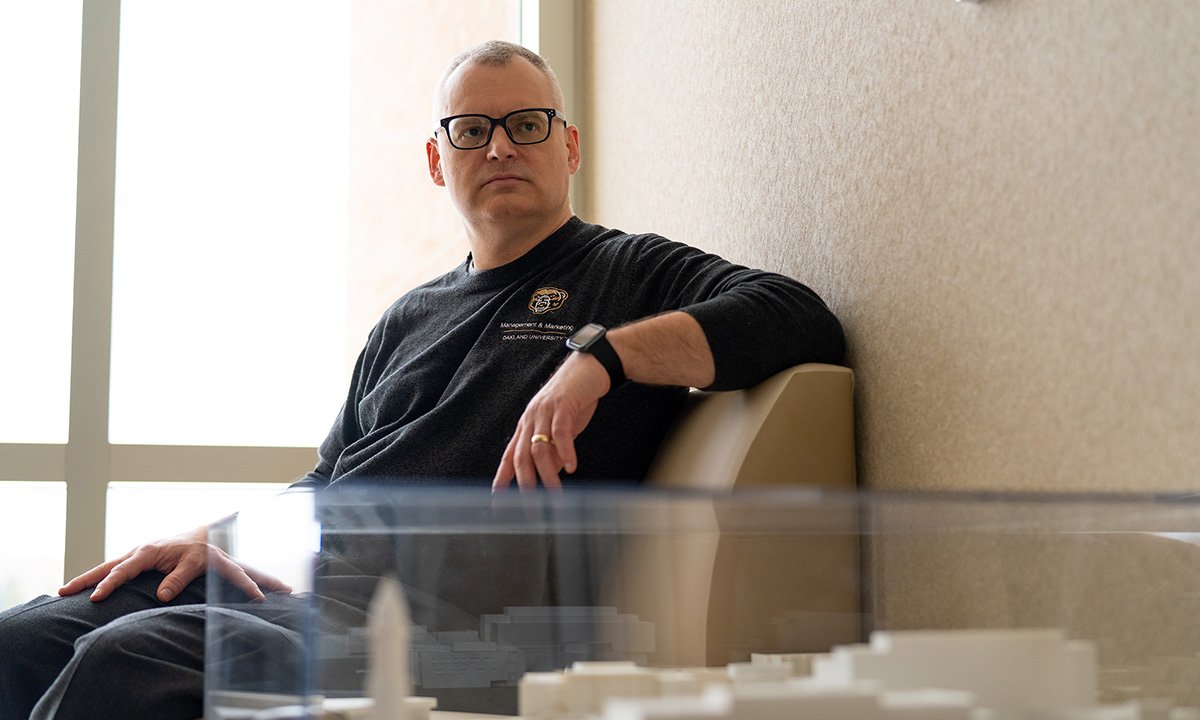Investigating Technology Innovations in Accounting and Auditing
Emerging technologies transform the way the world works
Emerging technologies are transforming the way the world lives, plays and works. Learning to embrace technology’s transformative power is a must for organizations in every industry to succeed.
Robert Nehmer, Ph.D., professor of accounting and finance, has dedicated his research to examining the effects and applications of technology in accounting and auditing.
“The technology revolutions in accounting and auditing are leading to less mechanical work for people in these areas and more creative work,” Dr. Nehmer says. “More and more of the work is about broad decisions that affect business direction, how to formulate those decisions, and find and process the data that supports those decision-making models.”
Dr. Nehmer holds a life-long interest in technology, specifically computing machinery. Growing up, his family would often gift him with various types of mechanical calculators and abacuses. “I even had a DigiComp, a mechanical computer,” he says. “This was all before electronic calculators became available.” He cultivated that interest through college and graduate school, focusing his dissertation on translating the double-entry bookkeeping system into an algebra and then into first-order logic.
Two decades ago, Dr. Nehmer began considering how to incorporate industry interests into his academic research. Today, for example, he is investigating how apps are freeing business professionals and small-business owners from mechanized work, allowing them to focus growth and innovation instead.
“The apps do the bookkeeping for you, classifying the transactions using business-friendly words and concepts,” Dr. Nehmer says. “The small start-up is freed from having to learn about accounting. It can go directly into business, yet still be able to conform to all the regulations such as paying payroll and income tax.”
On the auditing front, “we are seeing a revolution using technology for continuous auditing and monitoring, starting in internal auditing,” he says. “The audit process is undergoing a re-engineering whereby the more structured parts of the audit are pulled out from the less structured parts. The structured processes are then automated leaving the humans to make the harder and more judgmental decisions in the audit. For the average corporation, these advances mean better, more precise controls for lower costs.”
The role drones could play in the auditing process is another area that intrigues Dr. Nehmer. “Our main question has been to what extent would the current auditing standards inhibit the use of drones,” he says.
SEC audits, for example, have strict standards including requirements that auditors be physically present during inventory counting. “We were interested in seeing where the current standards might impinge on drone use,” Dr. Nehmer says. “For instance, if the auditor has to observe something, could it be done through a camera mounted on a drone? Would the auditor have to be physically present? Would he or she have to be flying the drone?” Dr. Nehmer and his colleagues conducted an extensive inventory of the effected audit standards, which “has helped the standard setters see what some of the issues are.”
Blockchain has also piqued Dr. Nehmer’s curiosity. Also known as distributed ledger technologies, blockchain is used in Bitcoin. It allows immutable ledgers of information to be kept. Industry is finding cost-effective uses for these technologies in areas requiring an ability to provide data provenance and in security. “We did a project about auditing blockchains … again emphasizing what the current standards are and how the standards make such audits easier or more difficult.”
Expanding his academic research endeavors into real-world application enhances the richness Dr. Nehmer gains from his studies. “I see the results and feel that I can use my research efforts to help in several related business fields and industries,” he says.

 April 07, 2020
April 07, 2020
 By Mary Gunderson-Switzer
By Mary Gunderson-Switzer



